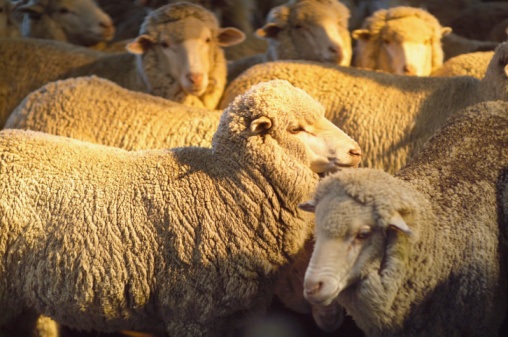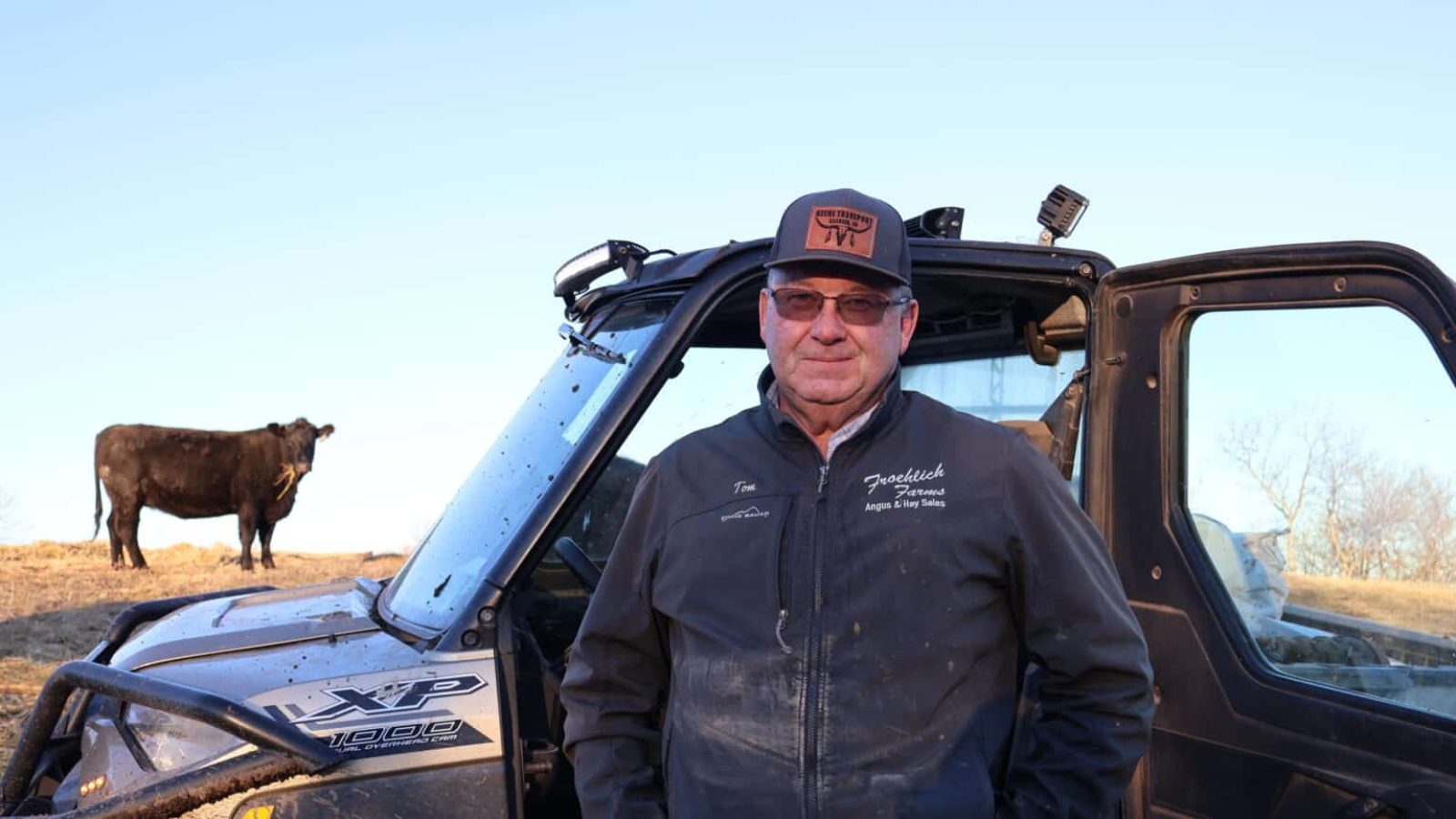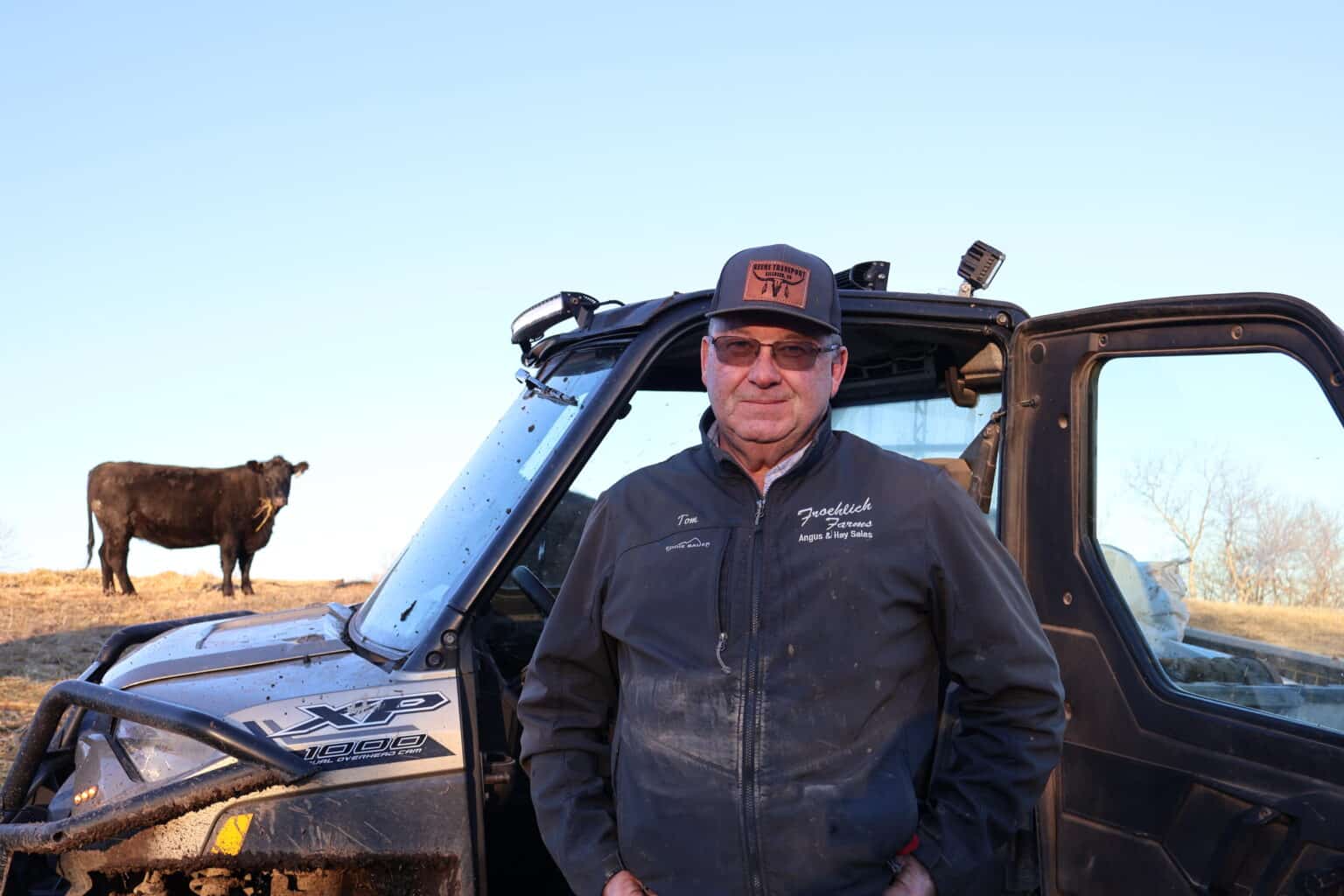“In Wyoming, the sheep and goat industries have been a part of our ranching way of life since statehood. We know we can rely on American producers to provide families with safe, reliable, and healthy meat products,” said Senator Barrasso. “Imported sheep and goats are at a higher risk of being contaminated or diseased. It’s critical that we keep the ban on imported sheep and goats in place until we can prove they are free of any possible diseases or contaminations.”
Cosponsors of this legislation include U.S. Senators Cynthia Lummis (R-Wyo.), John Hoeven (R-N.D.), Kevin Cramer (R-N.D.) and Mike Rounds (R-S.D.).
The bill has received support from Wyoming Wool Growers and the American Sheep Industry Association.
“This bill sheds light on one of the most critical challenges facing the American sheep industry, the large volume of imported sheep and goats (and products derived from sheep/goats). The sheep industry has faced price volatility and unpredictability for decades and a steady decline of sheep inventory across the country for decades,” said Alison Crane, Executive Director of Wyoming Wool Growers. “There are many causal factors and a stop and study on importation of these animals and derived products will hopefully lead to conversations on best solutions for all parties involved in the American sheep industry and our markets.”
According to Brad Boner, President of the American Sheep Industry Association, it has been over 20 years since USDA has looked at the impacts of increased imported lamb on our domestic market. “ASI has continued to ask successive administrations to prioritize export opportunities for U. S. producers, before allowing additional imports. The necessary legislation introduced by Senator Barrasso in the Senate will provide the domestic sheep and lamb industry the information we need to assess the potential impacts of importing and exporting lamb products and inform the conversation going forward,” said Boner.
Background:
The Stop Sheep and Goat Import Ban will:
- Direct the Secretary of Agriculture to conduct a study on the potential costs and benefits of the delayed rule.
- Require the Secretary’s study to research:
-
- the estimated amount of sheep and goat meat imported into the United States as a result of the implementation of the rule.
- the estimated increase in the number of live sheep and goats imported into the United States as a result of the rule.
- the estimated demand for sheep and goat meat in the United States during the 10-year period beginning on the date of the enactment of the bill.
- the impact of the COVID–19 pandemic on the economic data and market conditions for imports of sheep and goat meat and live sheep and goats.
- any negative impacts that could result from the implementation of the rule.
- Require the Secretary to submit the study to respective committees in the House and Senate no later than one year after this bill is signed.












